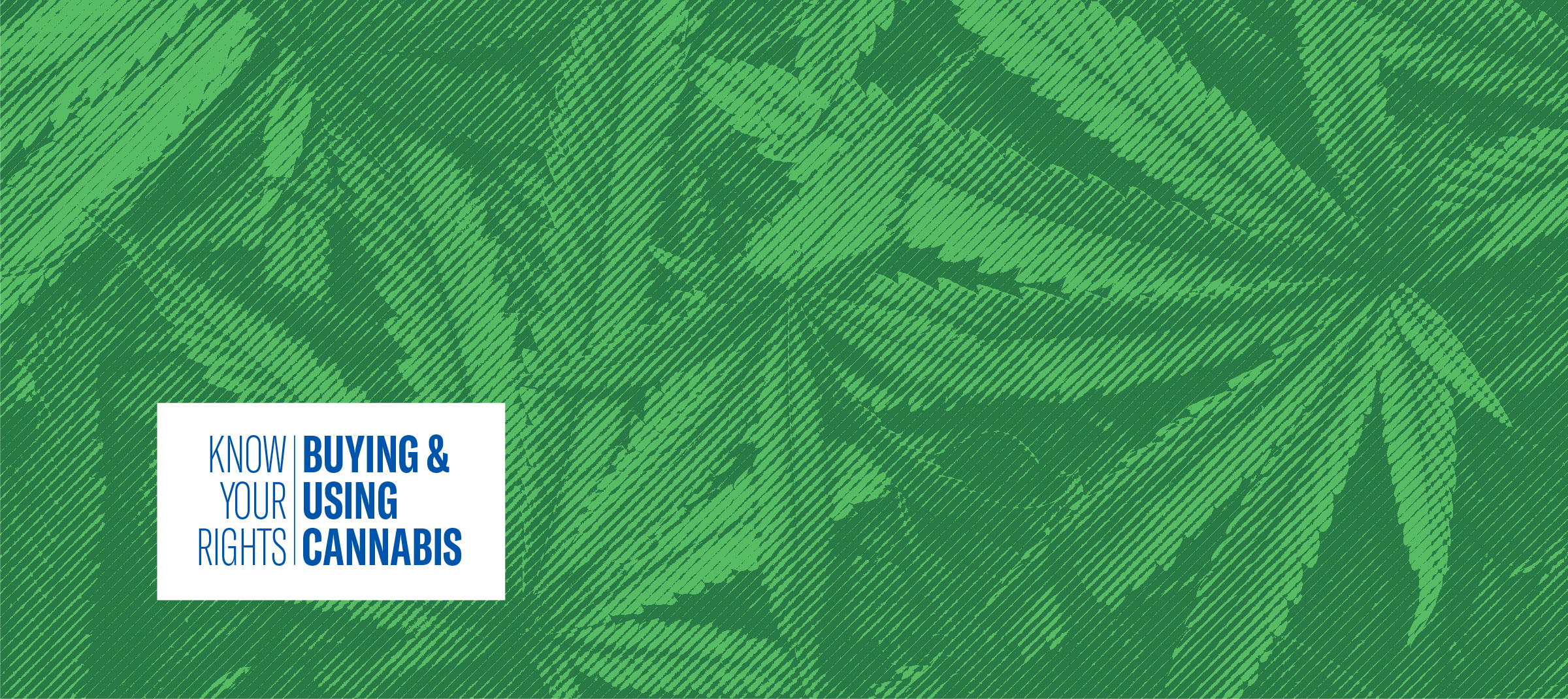In 2021, New Jersey legalized and decriminalized cannabis — a policy shift that came after years of community members and advocates calling attention to the decades of harm caused by the racially disparate enforcement of cannabis prohibition. In implementing cannabis legalization, New Jersey can be a national leader in prioritizing reinvestment in communities most harmed by prohibition and creating an inclusive, equitable, and diverse cannabis marketplace from the start.
This new approach following a decades-long regime of prohibition — marked by aggressive, racially discriminatory enforcement — is bound to have growing pains and bound to raise questions. The ACLU-NJ has answers to some frequently asked questions about what the new cannabis laws mean, and what to expect.
Related Content

Advocates Praise Equity Program and Reasonable License Fees in NJ’s First Cannabis Regulations, and Call for Equity Applicant Status and Guidance for Municipalities

ACLU-NJ Issues ‘Baseline Cannabis Plan’ for New Regulations to Meet Initial Benchmarks for Justice
Stay Informed
Sign up to be the first to hear about how to take action.
By completing this form, I agree to receive occasional emails per the terms of the ACLU’s privacy statement.
By completing this form, I agree to receive occasional emails per the terms of the ACLU’s privacy statement.


